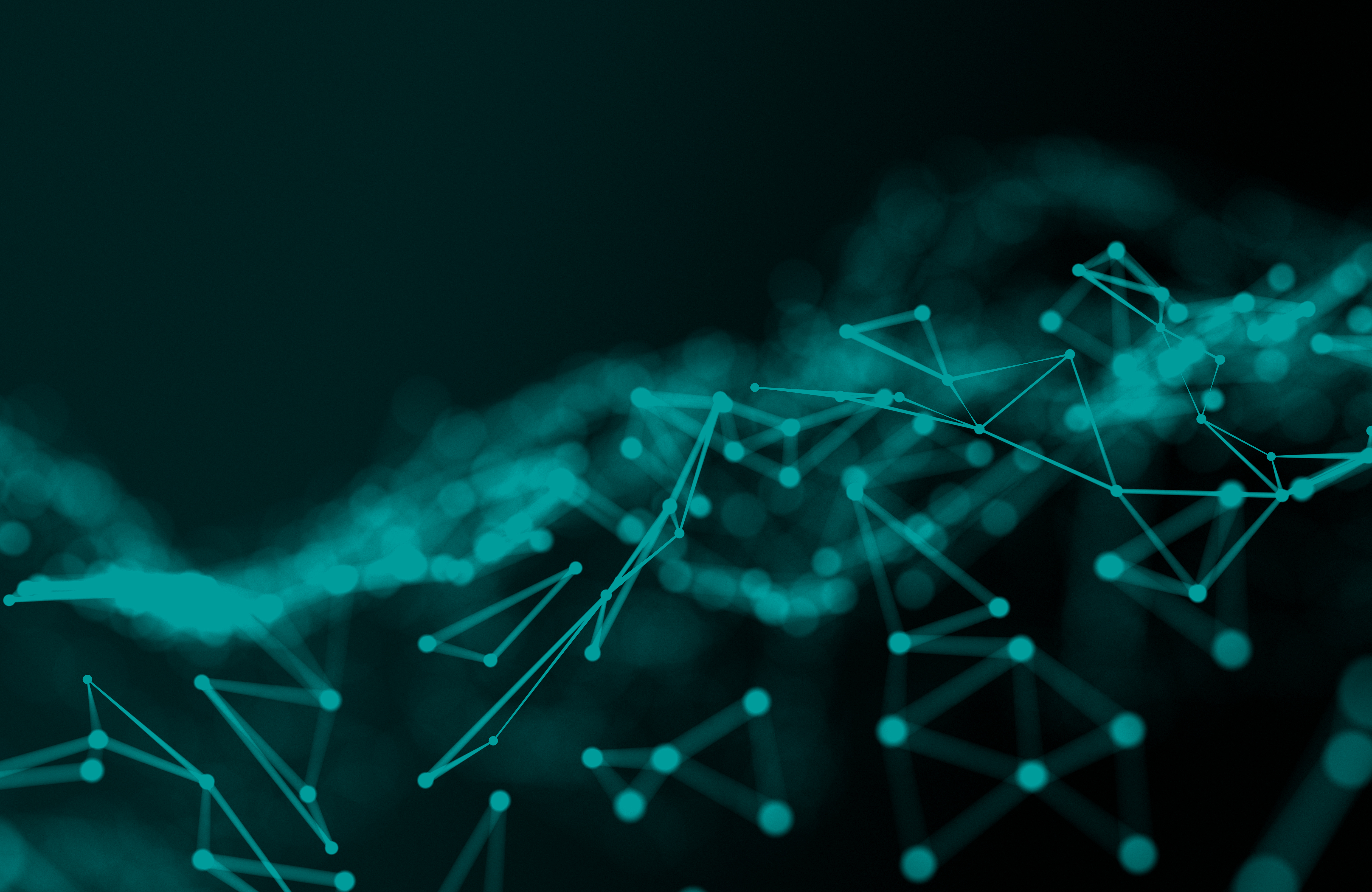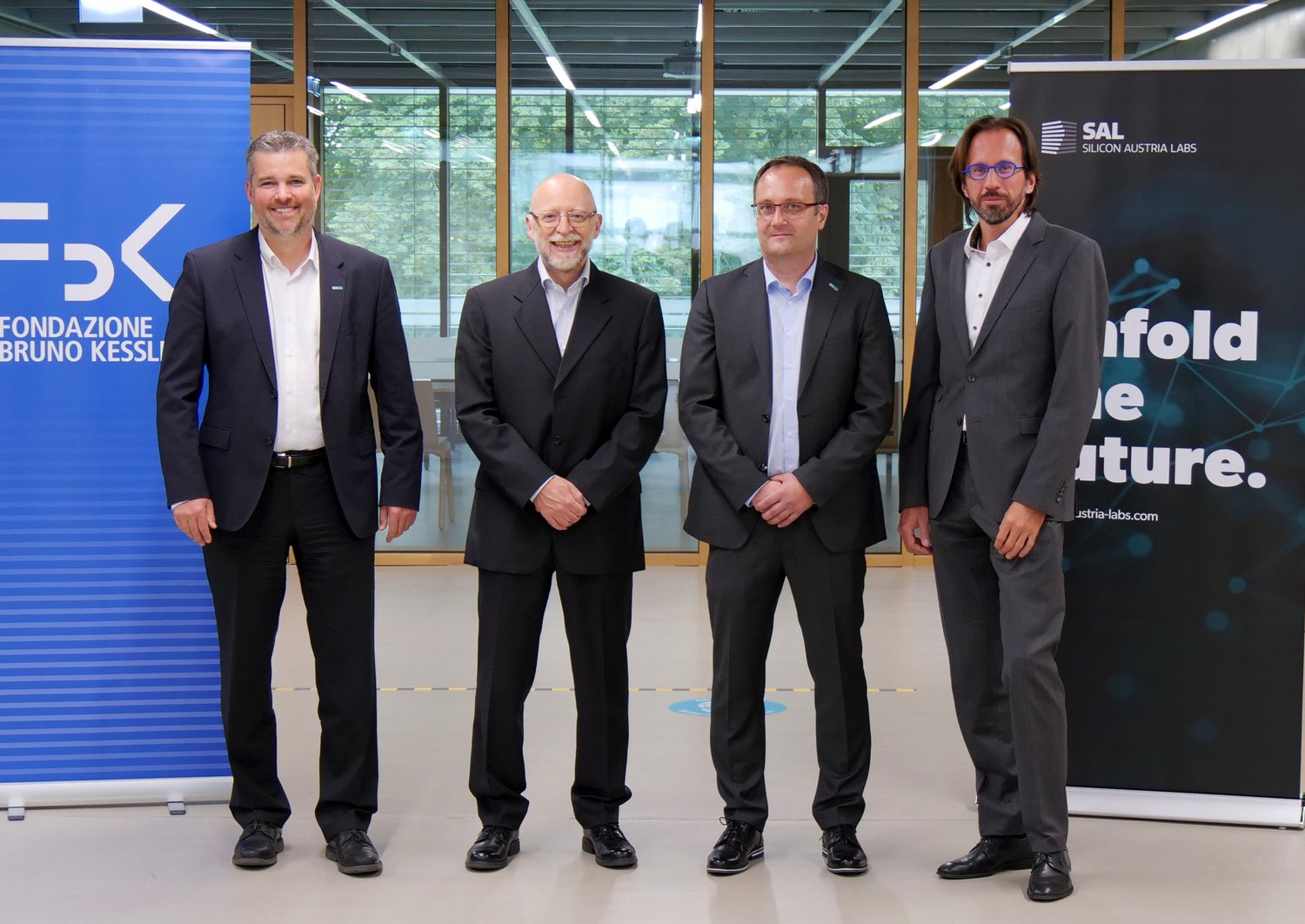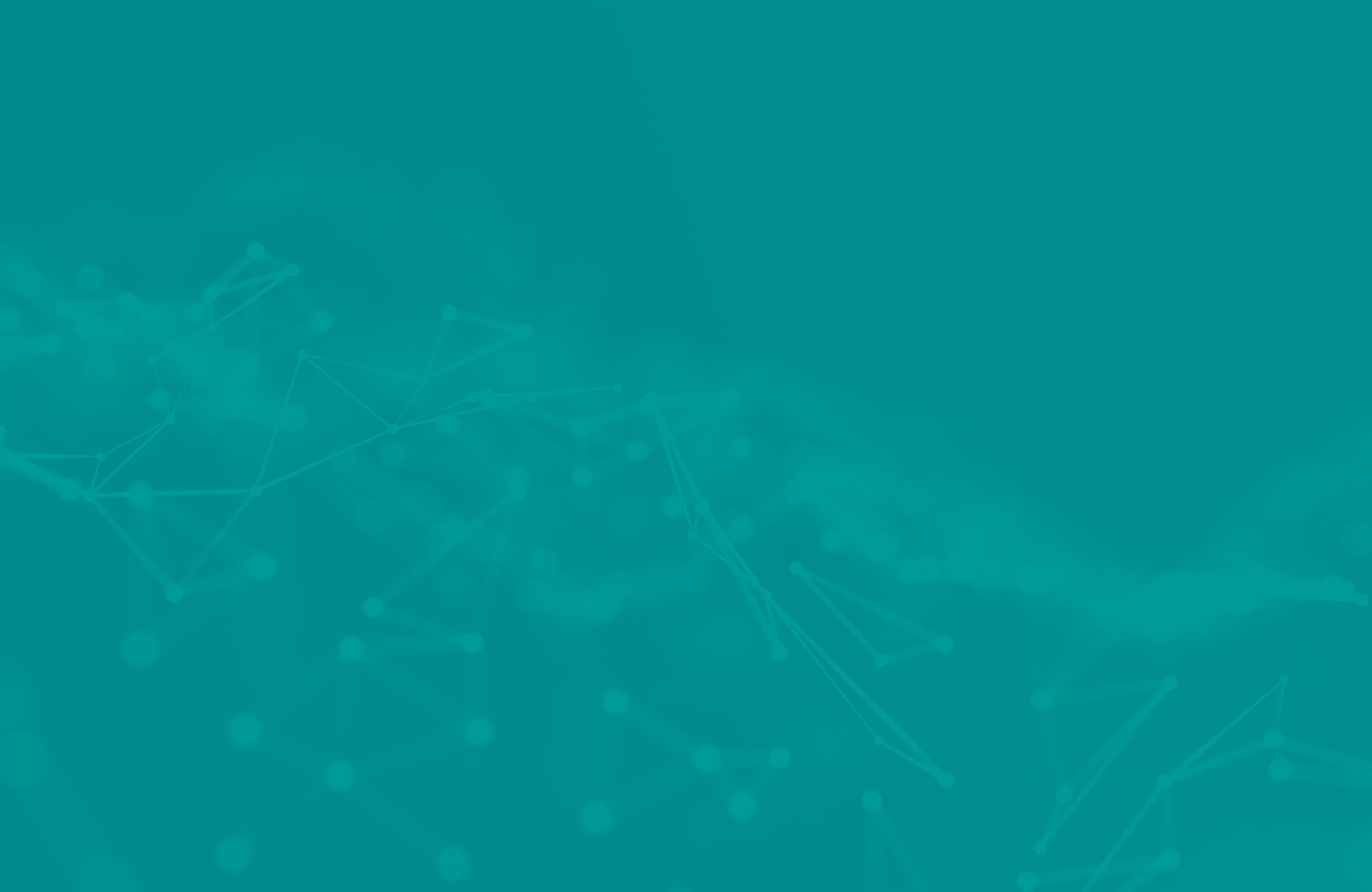Unfold your career

Ingo Pill, Staff Scientist, Trustworthy Adaptive Computing
Ingo Pill, Staff Scientist for Trustworthy Adaptive Computing, has been part of the SAL family since 2020. He started his scientific career at Graz University of Technology and stayed there for a total of twenty years: first as a Master and PhD student in Telematics (now Information and Computer Engineering) and later as a Senior Researcher. At SAL, Ingo is conducting research in the DES Lab (Dependable Embedded Systems); he is board member in the SAL-DC (Doctoral College) and deputy head of two research units.
Fun Fact – or what even Ingo’s colleagues might not know about him: He is a proud owner of…
- 6 barbecue grills – which is more grills than he has ever owned cars,
- 1.500 electronic and printed books,
- … and several aquariums!

Ingo Pill (third from the left) at the execution of the cooperation agreement between Fondazione Bruno Kessler and SAL.
"At SAL, we cover the entire research process"
Dear Ingo, what is your research about – in a nutshell and understandably for laypeople?
My background is in telematics – a mixture of mathematics, computer science and electrical engineering/electronics – and I have specialized in formal methods and AI. Simply put, I deal with designing systems that do exactly what they are supposed to do. At the same time, I work on fault diagnoses and teach systems to recognize errors on their own, to not fail completely in the case of a defect and to perform their tasks to the best of their capabilities. Such systems are called resilient systems, and a classic example are self-driving vehicles.
Besides research, what else are you responsible for at SAL?
Compared to my work at TU Graz, SAL is still young, and we are in the process of developing research strategies for our Research Units and our Research Division. In addition to my own research, I am thus involved in strategic development. I also act as deputy head of two Research Units in the Embedded Systems Division, am board member of the SAL Doctoral College and teach at TU Graz.
What’s the difference between the research you are conducting at SAL and the academic research done at the University of Technology?
For me, one of the differences lies in the TRL (Technology Readiness Level). At university, the TRL is lower, and we work almost exclusively on concept development. At SAL, the research is very versatile, depending on the respective project. In some cases, we are still conducting fundamental research, while in other projects we are already close to the development of prototypes or products. Thus, at SAL we cover the entire research process, which means we don’t only work together with universities, but also with industrial partners.
Thanks for the explanation, Ingo! Last question: What’s on your agenda for the next months? I’ve heard that some exciting events are waiting for you…
In September, the DX Workshop (Workshop on Principles of Diagnosis), chaired by Johan de Kleer (PARC) and me, takes place in the US. In January, I will co-organize one of the much sought-after Dagstuhl Seminars; an opportunity I am very excited about.
There are also several AI conferences coming up, where I am part of the program committee. These conferences represent a great opportunity not only for myself, but for my entire team.
Ingo's #1 advice for applying at SAL

“Since we are still a young company, SAL is relatively flexible in terms of advertised positions. During the application process, we consider whether a candidate would also be qualified for another position or another research group, as our teams are very interconnected. Therefore, it is important to communicate your personal strengths and interests from the beginning. It pays off to show your authentic research self and see the job interview as a two-way dialogue.”
Do you have a professional role model?
My professional role models in the RTO context are Johan De Kleer (PARC) and Alessandro Cimatti (Fondazione Bruno Kessler, both pictured above). Both are excellent researchers that have been by my side for a long time in my career and who are at the top of the “Champions League” of research. If there is anyone I would want to have as part of my consortium, time and again, it is them!
What was your highlight at SAL so far?
One notable milestone was the execution of a cooperation agreement between the Italian Fondazione Bruno Kessler and SAL, in which I played a crucial role. Another highlight was the visit of two researchers from the US-American research center PARC at SAL in the summer of 2022.
What do you appreciate about SAL?
The SAL-DC is very dear to my heart. It is a doctoral training program in which we collaborate with industrial, academic and scientific partners on national and international levels. The program is unique to SAL and strengthens our scientific impact. I work in the DES Lab (Dependable Embedded Systems) within the framework of the SAL-DC, where we closely collaborate with TU Graz and conduct research with relatively low TRLs. This means we are working on projects that are close to fundamental research, which is very interesting from a scientific point of view. This way, my research drive is fulfilled at SAL!

Join our team!
You want to start your success story at SAL? Are you looking for a new challenge? If you want to actively shape the technologies of the future and enjoy working in an international team, then you've come to the right place.




